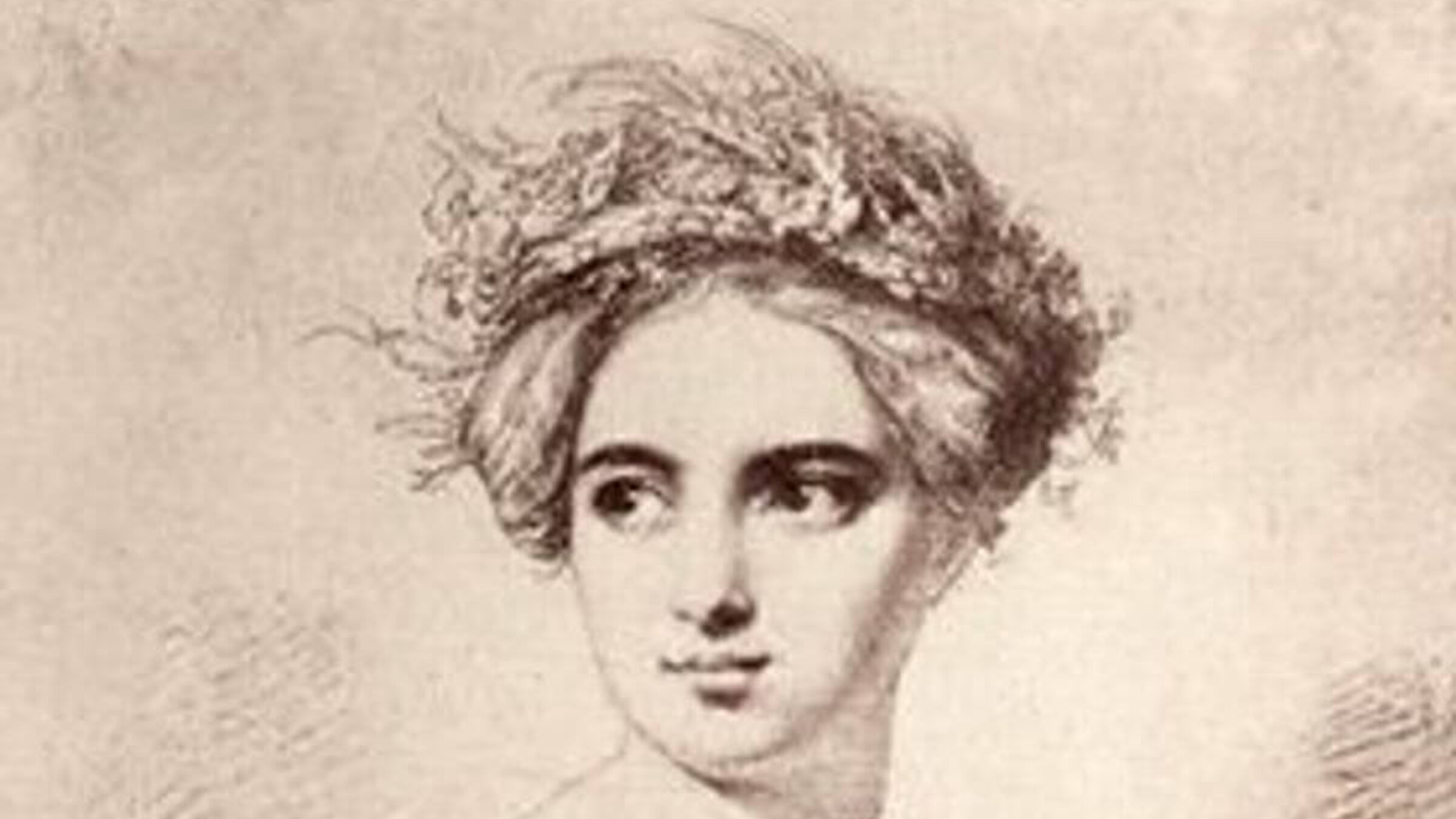Composer Fanny Hensel: The less famous, equally talented Mendelssohn?
Hensel, sister of the composer Felix Mendelssohn, expressed herself in intriguingly individualistic effusions

Saturday is the 175th anniversary of Fanny Hensel’s death. In honor of the occasion, we’re republishing this article, originally published in 2009.
Putting my own and others’ sincere bicentenary panegyrics aside, Felix Mendelssohn wrote not just admittedly splendid works, but also sugary Victorian church schmaltz. More than simply belonging to an assimilated German Jewish family which baptized its children, Felix composed pieces which appear to stodgily embrace his newfound Christian identity, although some scholars continue to disagree to what extent this occurs.
Fortunately, “Fanny Hensel: The Other Mendelssohn” an authoritative new biography from Oxford University Press presents Felix’s sister as a welcome relief from today’s ongoing squabbles about Felix’s troublesome search for establishment (or goyish) approval. Like the other Victorian women creators Jane Welsh Carlyle, Dorothy Wordsworth and Christina Rossetti, Fanny Hensel expressed herself in intriguingly individualistic effusions intended for relatively private consumption. Intimate especially when compared to the public artworks produced by their more acclaimed male counterparts.
A brilliant new CD of Hensel’s pensive, affectionately nostalgic 13-movement piano suite “The Year” from Sony Classical characterizes each month in psychological depth, with a poetic postlude, a masterwork by any criterion. “Fanny Hensel: The Other Mendelssohn” by the eminent Mendelssohn expert R. Larry Todd deftly details how Fanny’s son Sebastian, in a family memoir, noted that while his father came from a “Christian-Teutonic” family, his mother was of “pure Jewish descent.” Fanny’s mother initially opposed her daughter’s marriage to a Catholic, feeling that “Catholicism always led to fanaticism and hypocrisy.”
Felix, who Todd points out simply lifted some of Fanny’s creations for his own use, may have been the most convinced Christian in the family, but as Sebastian Hensel pointed out, not the most convincing musician: Fanny was “equal in gifts and talent” to Felix. Small wonder that the famed Jewish portraitist Moritz Daniel Oppenheim included a 1842 painting of Hensel, now on view at New York’s Jewish Museum, among his series of Jewish notables and heroes.
Could it be that today’s listeners, by automatically accepting Felix Mendelssohn as a Jewish composer, may be swayed more by his posthumous banning by Nazis than by the inherent, often Christian, content of his apostate life and works? Might Fanny’s son have been right, and was Fanny as talented, as well as quite a bit more Jewish, than her more celebrated brother? Whatever our responses to such questions, lucky music lovers can happily now relish the output of both Mendelssohn siblings.
The Forward is free to read, but it isn’t free to produce

I hope you appreciated this article. Before you go, I’d like to ask you to please support the Forward.
Now more than ever, American Jews need independent news they can trust, with reporting driven by truth, not ideology. We serve you, not any ideological agenda.
At a time when other newsrooms are closing or cutting back, the Forward has removed its paywall and invested additional resources to report on the ground from Israel and around the U.S. on the impact of the war, rising antisemitism and polarized discourse.
This is a great time to support independent Jewish journalism you rely on. Make a gift today!
— Rachel Fishman Feddersen, Publisher and CEO
Support our mission to tell the Jewish story fully and fairly.
Most Popular
- 1

Fast Forward Ye debuts ‘Heil Hitler’ music video that includes a sample of a Hitler speech
- 2

Opinion It looks like Israel totally underestimated Trump
- 3

Culture Is Pope Leo Jewish? Ask his distant cousins — like me
- 4

Fast Forward Student suspended for ‘F— the Jews’ video defends himself on antisemitic podcast
In Case You Missed It
-

News In Edan Alexander’s hometown in New Jersey, months of fear and anguish give way to joy and relief
-

Fast Forward What’s next for suspended student who posted ‘F— the Jews’ video? An alt-right media tour
-

Opinion Despite Netanyahu, Edan Alexander is finally free
-

Opinion A judge just released another pro-Palestinian activist. Here’s why that’s good for the Jews
-
Shop the Forward Store
100% of profits support our journalism
Republish This Story
Please read before republishing
We’re happy to make this story available to republish for free, unless it originated with JTA, Haaretz or another publication (as indicated on the article) and as long as you follow our guidelines.
You must comply with the following:
- Credit the Forward
- Retain our pixel
- Preserve our canonical link in Google search
- Add a noindex tag in Google search
See our full guidelines for more information, and this guide for detail about canonical URLs.
To republish, copy the HTML by clicking on the yellow button to the right; it includes our tracking pixel, all paragraph styles and hyperlinks, the author byline and credit to the Forward. It does not include images; to avoid copyright violations, you must add them manually, following our guidelines. Please email us at [email protected], subject line “republish,” with any questions or to let us know what stories you’re picking up.















